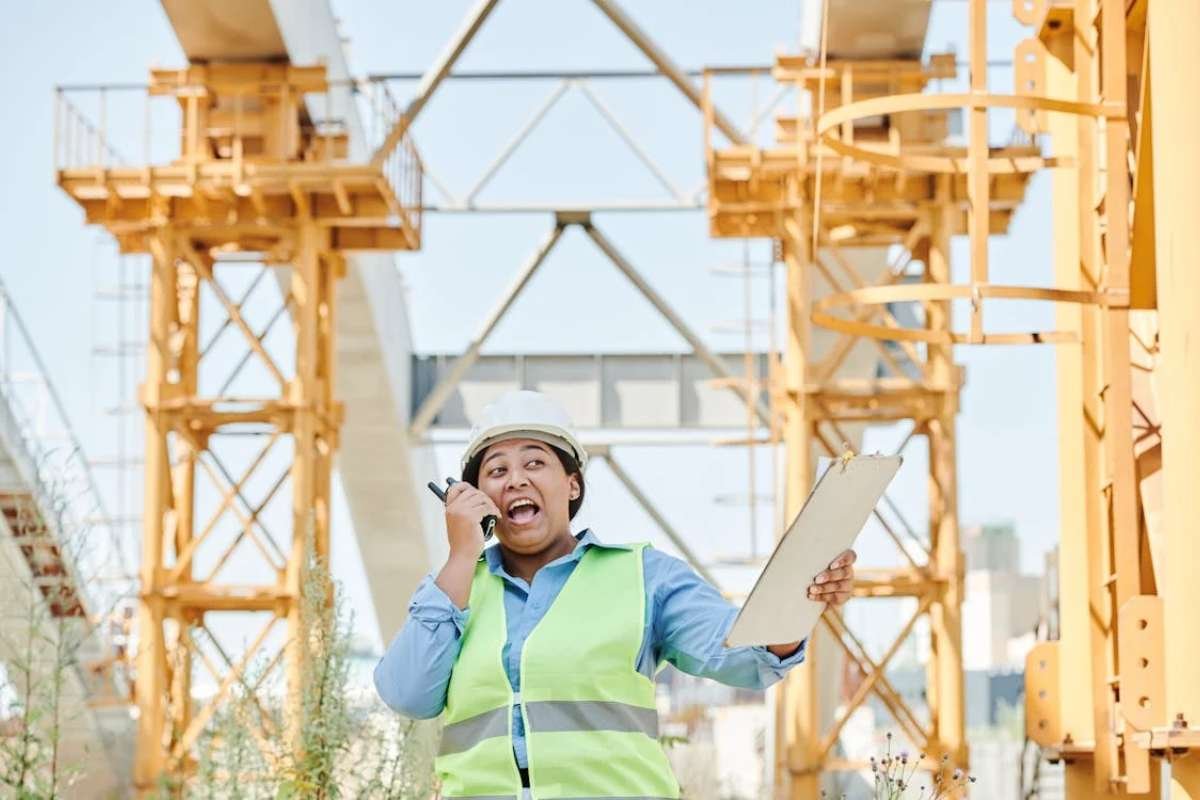Team building events play a crucial role in enhancing workplace morale, fostering collaboration, and boosting overall productivity. However, planning a successful team building event requires thoughtful consideration and meticulous planning.
Here are key factors to consider to ensure your team building event is both enjoyable and impactful.
1. Understanding Your Objectives
Before diving into the logistics, it’s essential to identify the primary goals of your team building event. Are you aiming to improve communication, strengthen relationships, or develop problem-solving skills? Understanding your objectives will help you design activities that align with these goals, ensuring the event has a meaningful impact on your team.
2. Choosing the Right Activities
Selecting activities that cater to the interests and abilities of your team members is vital. It’s important to strike a balance between fun and challenge, ensuring everyone can participate and benefit. Consider a mix of physical, creative, and mental activities to cater to diverse preferences. Popular choices include escape rooms, cooking classes, and outdoor adventures. Tailoring activities to your team’s unique dynamics will maximise engagement and enjoyment.
3. Setting a Suitable Budget

Budget constraints can significantly influence the scope and scale of your event. Establishing a clear budget early on will help you make informed decisions regarding venue, activities, and catering. Remember to account for all potential expenses, including transportation, accommodation (if required), and any additional materials or equipment. A well-planned budget ensures you can deliver a memorable experience without unnecessary financial strain.
4. Location and Venue Selection
The venue you choose can make or break your team building event. Opt for a location that is easily accessible and offers the necessary facilities to accommodate your planned activities. Whether you choose an indoor space or an outdoor setting, ensure it provides a comfortable and conducive environment for team interaction. The right venue sets the tone for your event and contributes significantly to its success.
5. Timing and Scheduling

Choosing the right time is crucial. Avoid scheduling during peak work periods or major deadlines to ensure maximum participation and enthusiasm. Consider the duration of the event as well; while a full-day event might be ideal for extensive activities, a half-day session can be more practical for smaller teams or tighter schedules. Well-planned timing ensures your team is fully present and engaged throughout the event.
6. Incorporating Branding and Customisation
Incorporating your company’s branding into the event adds a personalised touch and reinforces team identity. Branded merchandise, such as custom polo shirts, can enhance the sense of unity and belonging among team members. Additionally, customised materials and decorations can create a cohesive and professional atmosphere, making the event more memorable and impactful.
7. Evaluating Team Feedback
Post-event evaluation is essential to understand the effectiveness of activities. Collecting feedback from participants provides valuable insights into what worked well and what could be improved. This information is crucial for planning future events and ensuring they continue to meet the evolving needs of your team. Implementing feedback mechanisms, such as surveys or group discussions, fosters a culture of continuous improvement.
8. Ensuring Inclusivity

A successful team building event is one where every team member feels included and valued. Pay attention to any potential barriers to participation, such as physical limitations or cultural differences. Designing activities that accommodate everyone’s needs and preferences ensures a more inclusive and enjoyable experience for all participants. Inclusivity promotes a sense of belonging and strengthens team cohesion.
Conclusion
Planning a team building event involves careful consideration of various factors, from defining clear objectives to ensuring inclusivity and evaluating feedback. By thoughtfully addressing these aspects, you can create an event that not only boosts team morale but also enhances overall workplace productivity. A well-planned team building event is an investment in your team’s growth and success, fostering stronger relationships and a more collaborative work environment.









